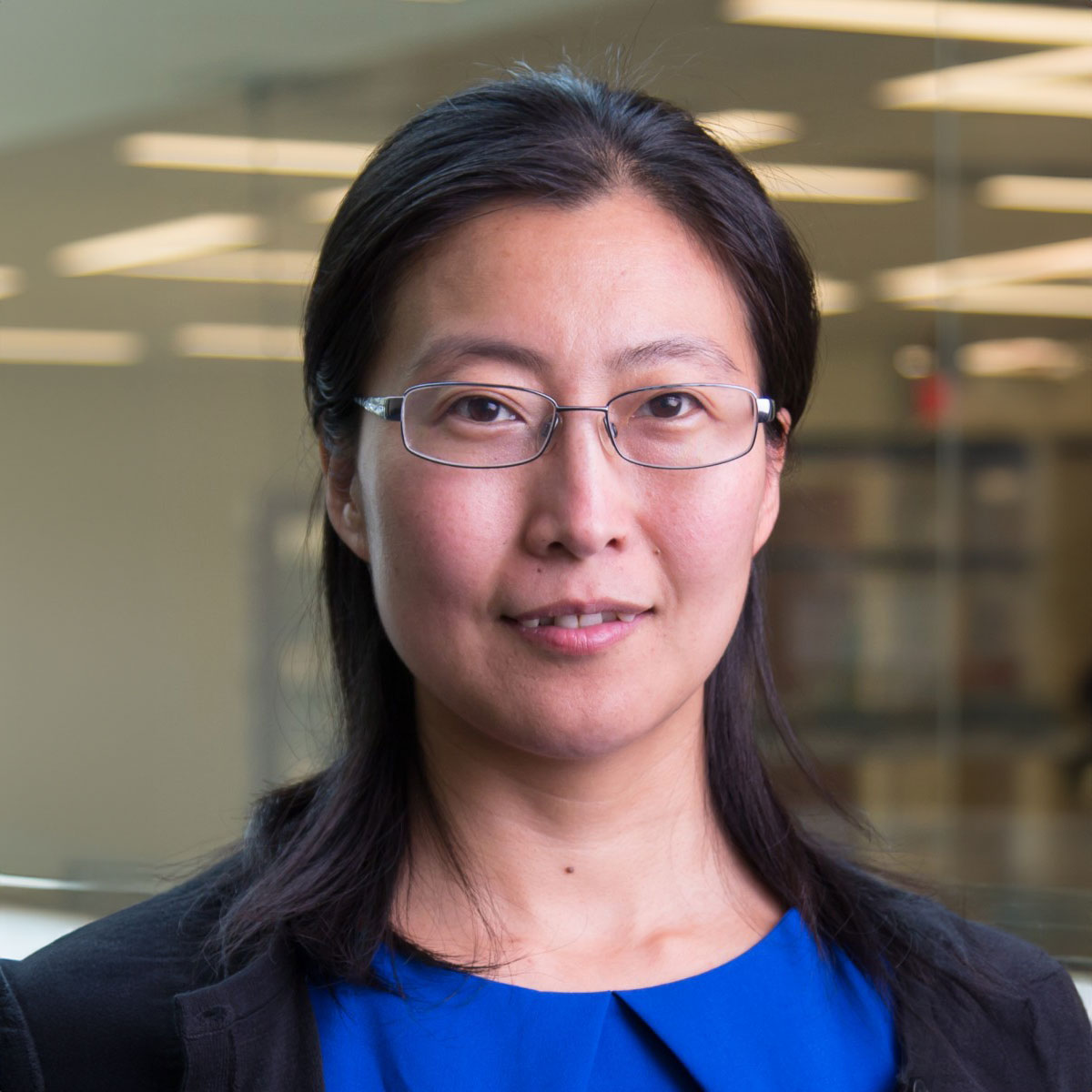Robotics, Autonomy, and Mechatronics (RAMs) Research Team
Discovering solutions. Building together. Serving humanity.
The RAMs (Robotics, Autonomy, and Mechatronics) Research Team is a research-focused group formed at Virginia Commonwealth University (VCU) to explore possibilities and solution for the three areas embedded in its title. Our research team’s acronym shares VCU’s mascot’s name, Rodney the RAM.
The RAMs group is a collaborative effort involving faculty, students, postdocs, and researchers across our engineering departments. We conduct exciting robotics, autonomy, and mechatronics research supported by multiple sponsors. Our past and present sponsors include government bodies such as NSF, NIH, Veteran Administration DoD, DoT, DoE, NASA, the Commonwealth of Virginia, private foundations, and numerous industries. This wide spectrum of sponsors underscores our research’s broad applications and timely significance.
Our faculty and their research teams are at the forefront of robotics innovation, leveraging state-of-the-art facilities to explore a wide range of applications. From aerial drones and underwater robots to autonomous vehicles, collaborative and rehabilitation robots, and even neuro-controlled machines and medical devices, our research spans across diverse domains. To fully appreciate the breadth and depth of our work, we invite you to explore the linked labs
Collaborators
Azim Eskandarian, D.Sc.
Alice T. and William H. Goodwin Jr. Dean
Dr. Eskandarian's research focuses on using AI, ML, and Control Systems to develop intelligent robots and safe, reliable, and efficient autonomous driving, active safety, and advanced driver assistance systems (ADAS.)
Applied Expertise: Mobile Robotics, Autonomous/Intelligent Vehicles, ADAS, Neuroengineering-BCI
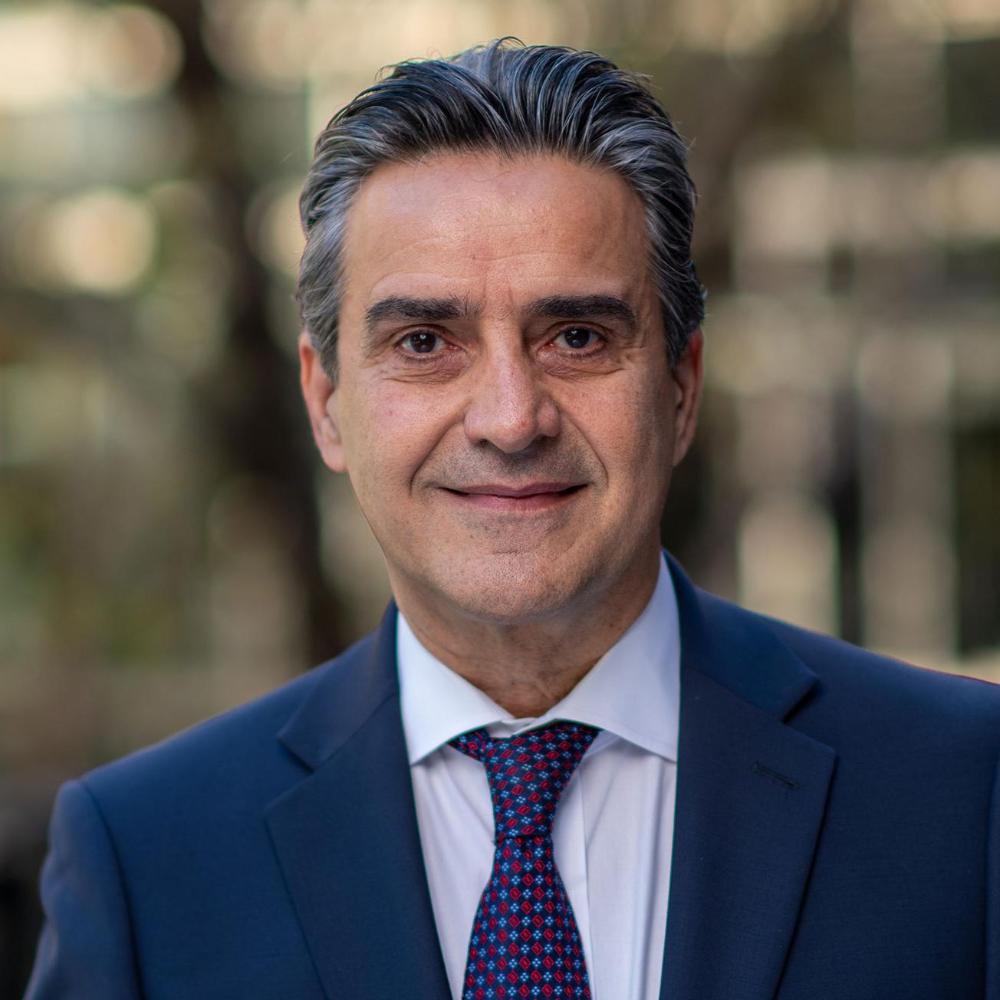

Sherif Abdelwahed, Ph.D.
Professor, Department of Electrical and Computer Engineering
Dr. Abdelwahed has conducted extensive research on model-based design of autonomic computing systems and self-managing systems using control-theoretic techniques and model-integrated computing concepts. His research interests also include Cyber security and model-based self-protection, design and analysis of cyber-physical systems, fault diagnosis, modeling and analysis of discrete-event and hybrid systems, and formal verification.
Applied Expertise: System modeling, analysis, verification and control
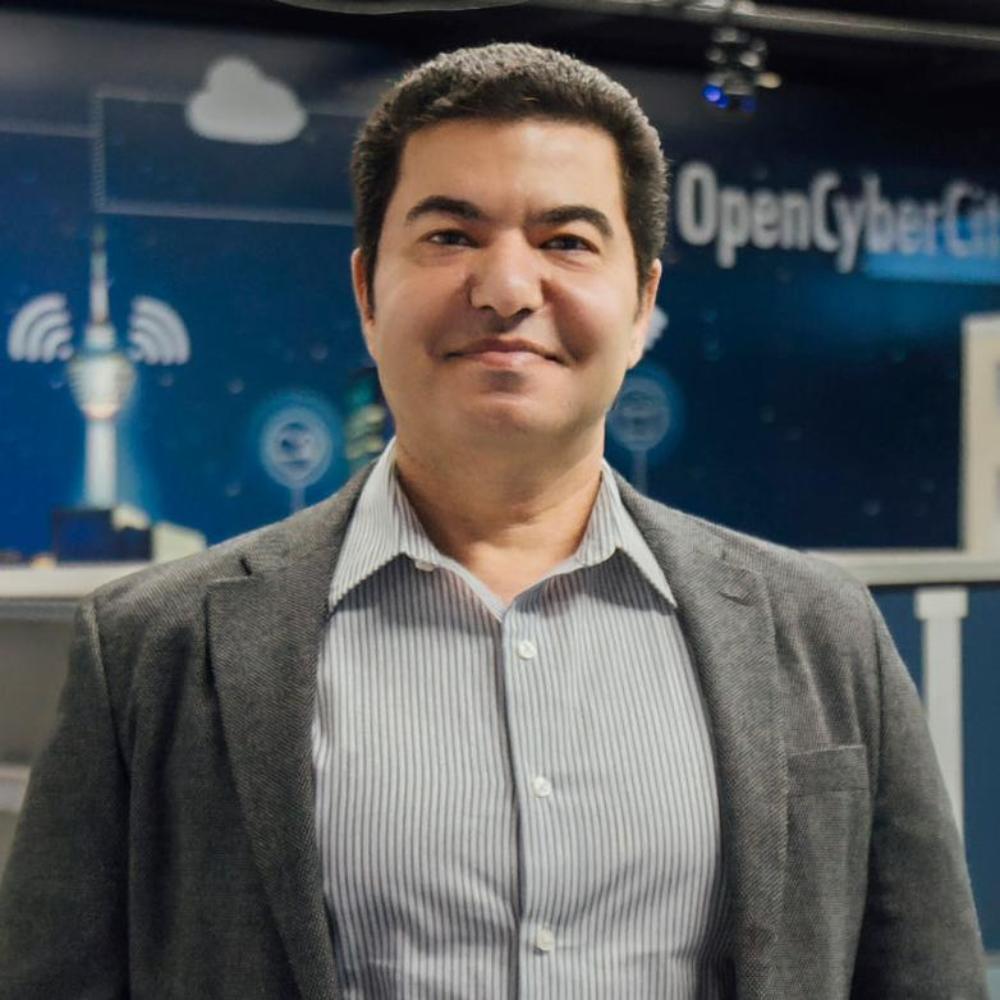

Jayasimha Atulasimha, Ph.D.
Engineering Foundation Professor, Department of Mechanical and Nuclear Engineering
Dr. Atulasimha focuses on various AI/ML algorithms and their hardware implementations amenable to edge device applications where power and hardware resources are severely constrained. An edge device is an endpoint on the network, the interface between the data center and the real world. Edge devices collect or communicate information. They run the gamut from simple sensors to complex industrial systems.
Applied Expertise: AI/ML on edge devices for real-time control and anomaly detection
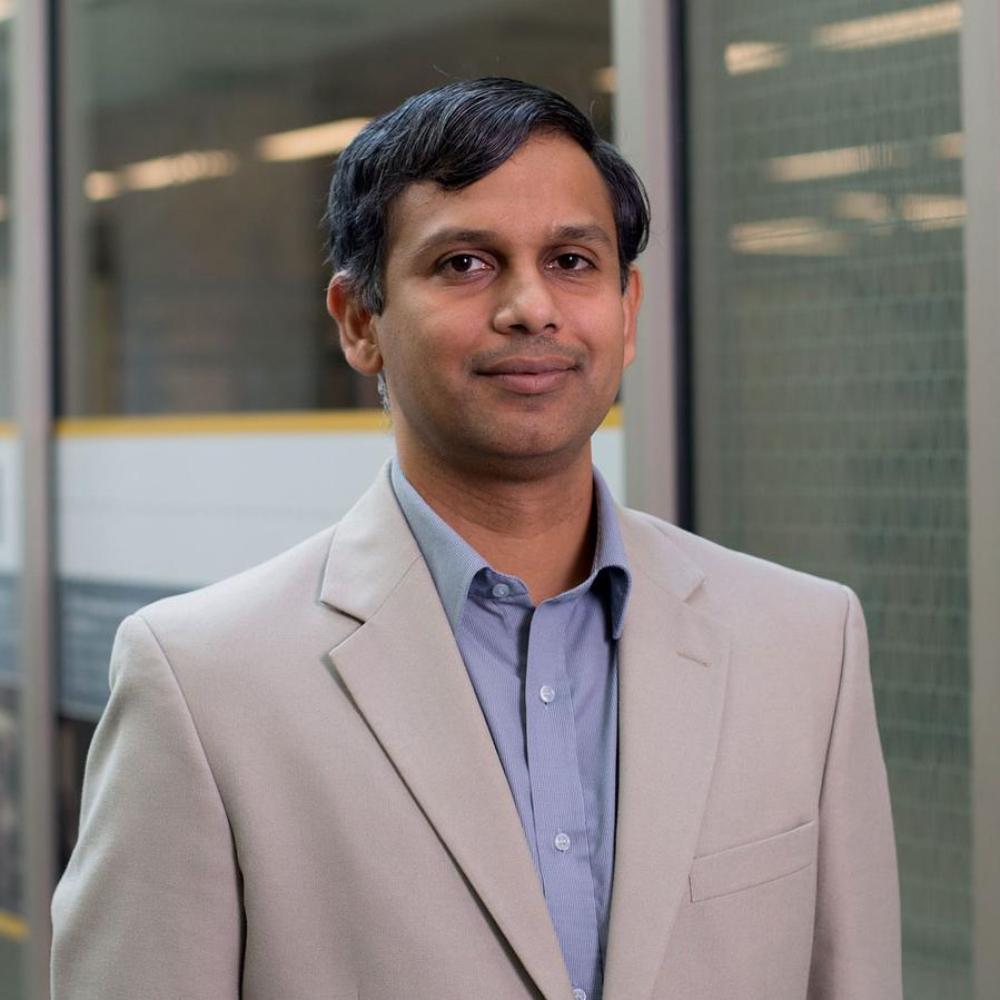

Eyuphan Bulut, Ph.D.
Associate Professor, Department of Computer Science
Dr. Bulut’s work focuses on wireless and mobile computing with applications in UAV networks, remote sensing, and human-robot collaboration. His recent research includes gesture recognition with RF signals, rehabilitation robotics, and edge-based AI solutions for activity tracking. He has held engineering roles in industry and leads federally funded projects at the intersection of security, mobility, and smart systems.
Applied Expertise: UAV path planning, RF-based activity recognition, edge AI for mobile sensing
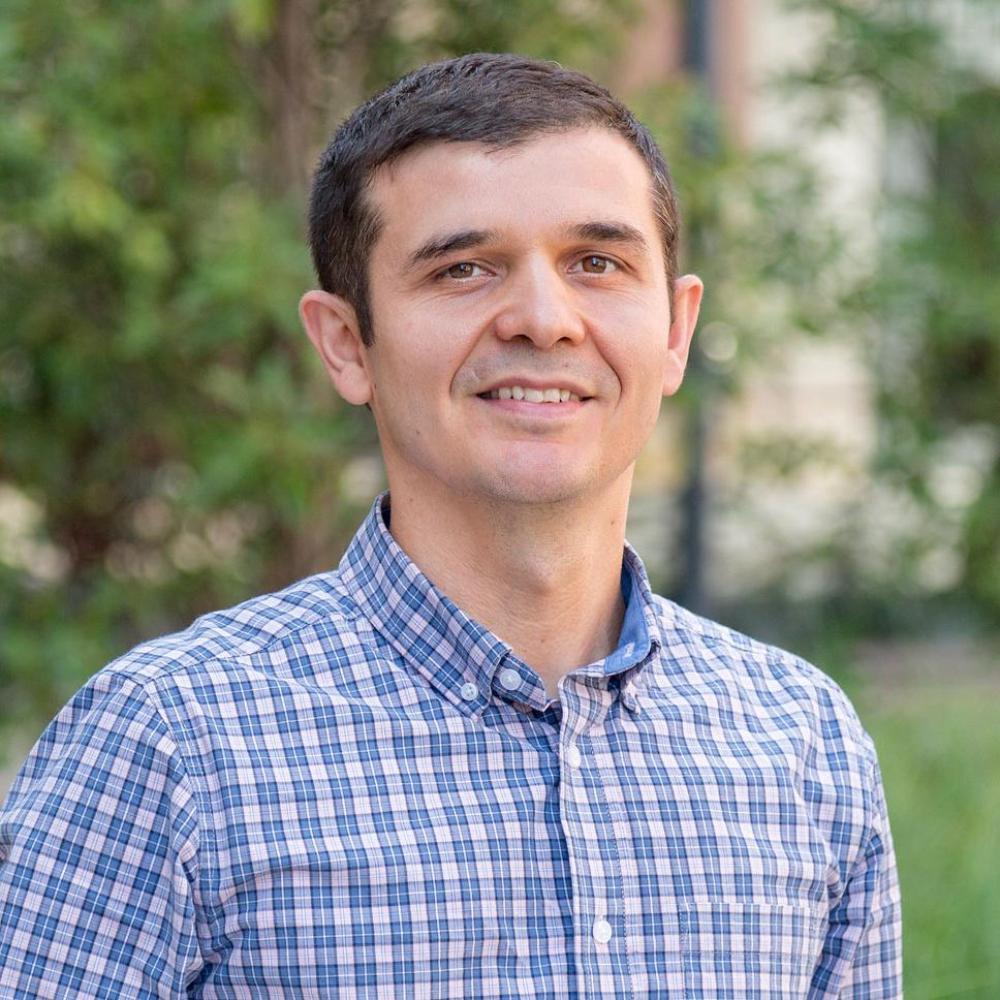

Nibir K. Dhar, Ph.D.
Professor and CCI Eminent Scholar, SPIE Fellow, OPTICA (OSA) Fellow
Dr. Dhar's research areas include Electro-optic & infrared and edge technologies. His focus is on developing intelligent vision components and systems for automation, intelligent robots and various defense applications. He has been working on AI and other emerging sciences to develop and push intelligence to the sensor end for enabling automation and situational awareness.
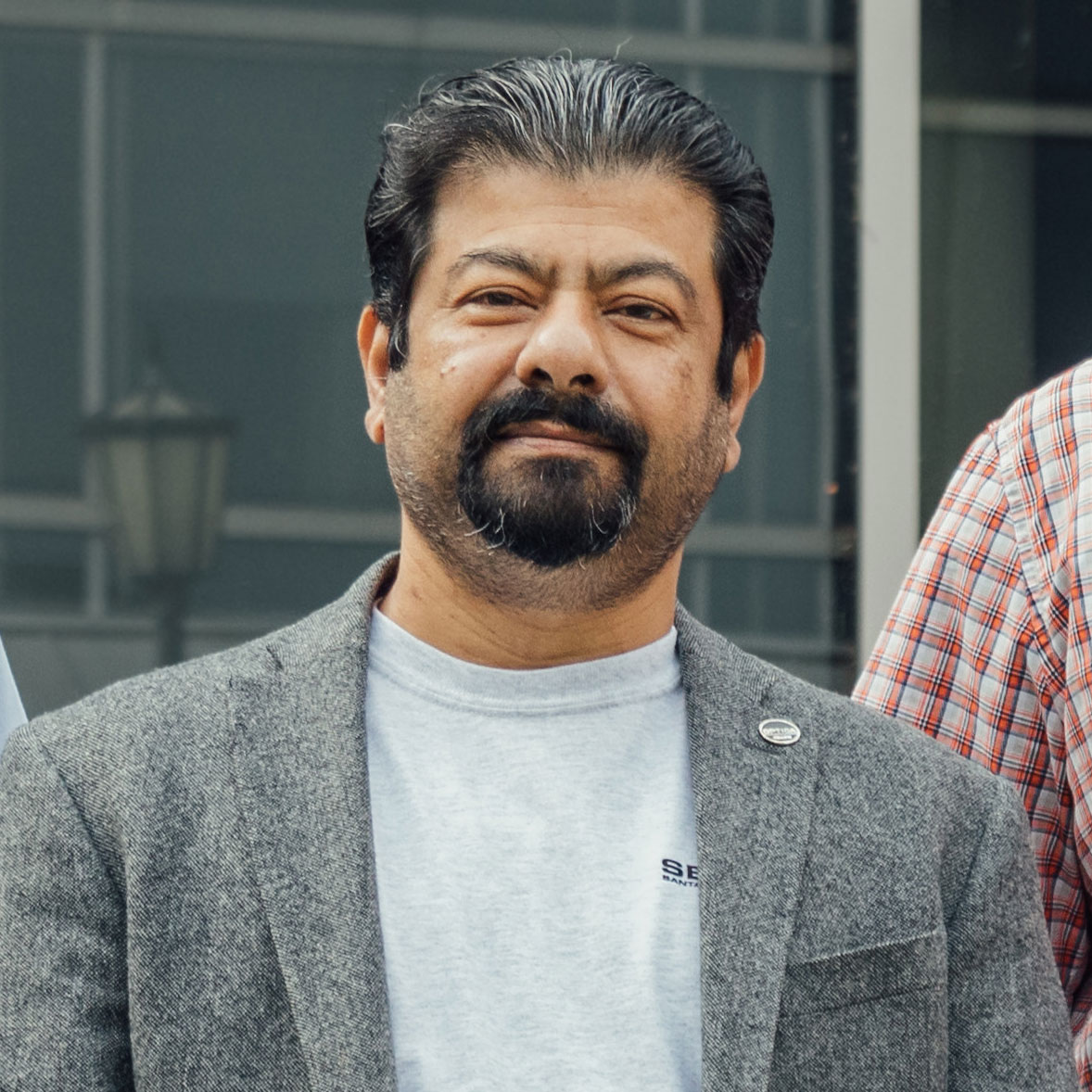

Carl Elks, Ph.D.
Associate Professor, Department of Electrical and Computer Engineering
Dr. Elks’ professional experience and research interests over the past 20 years are in the analysis, design and assessment of dependable autonomous systems and cyber physical systems of the type found in critical infrastructure. His recent research and teaching interests include Cyber Physical Systems, biologically inspired resilience, trustworthy AI, system level cyber security and runtime verification in complex systems.
Applied Expertise: Autonomous/Intelligent Mobility systems, next gen aviation, smart and connected healthcare, medical, and energy systems.


Ravi L. Hadimani, Ph.D.
Associate Professor and Director of Biomagnetics Laboratory
Dr. Hadimani has extensive experience in magnetic materials and devices. His background in mechatronics and robotics has enabled him to create a synergistic applications of collaborative robots in additive manufacturing of magnetic materials. He also has extensive experience in brain stimulation using magnetic fields. He is working on using collaborative robots in brain stimulation.
Applied Expertise: Collaborative robots in additive manufacturing (AM), Machine vision in AM, Quantum computing in AM and collaborative robots for brain stimulation
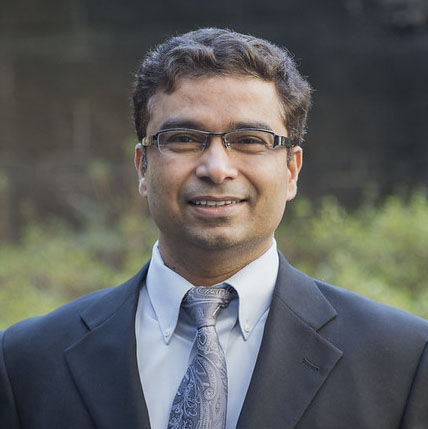

John Hermansen, M.D.
Assistant Professor and Staff Physician, Department of Physical Medicine and Rehabilitation
Dr. Hermansen directs the Veterans Regional Amputation Center, where he focuses on improving the lives of individuals with limb loss. His research explores robotic and neuro-prosthetic integration, virtual testing environments, and the use of VR/AR to simulate and evaluate next-generation prosthetic systems.
Applied Expertise: Robotic prosthetics, neuro-prosthesis control, VR/AR for medical device development


Robert H. Klenke, Ph.D.
Chair, Department of Electrical and Computer Engineering
Applied Expertise: Embedded systems hardware and software


Tamer Nadeem, Ph.D.
Professor, Department of Computer Science
Dr. Nadeem’s research addresses the intersection of cybersecurity, artificial intelligence, and cyber-physical systems. He leads development of AI-enabled solutions for securing autonomous transportation, drone delivery, human-robot interaction, and healthcare systems. His work applies advanced wireless communications, edge computing, and generative AI to enhance safety, resilience, and real-time performance in intelligent systems.
Applied Expertise: AI/ML for cyber-physical systems, secure edge computing, autonomous systems integration
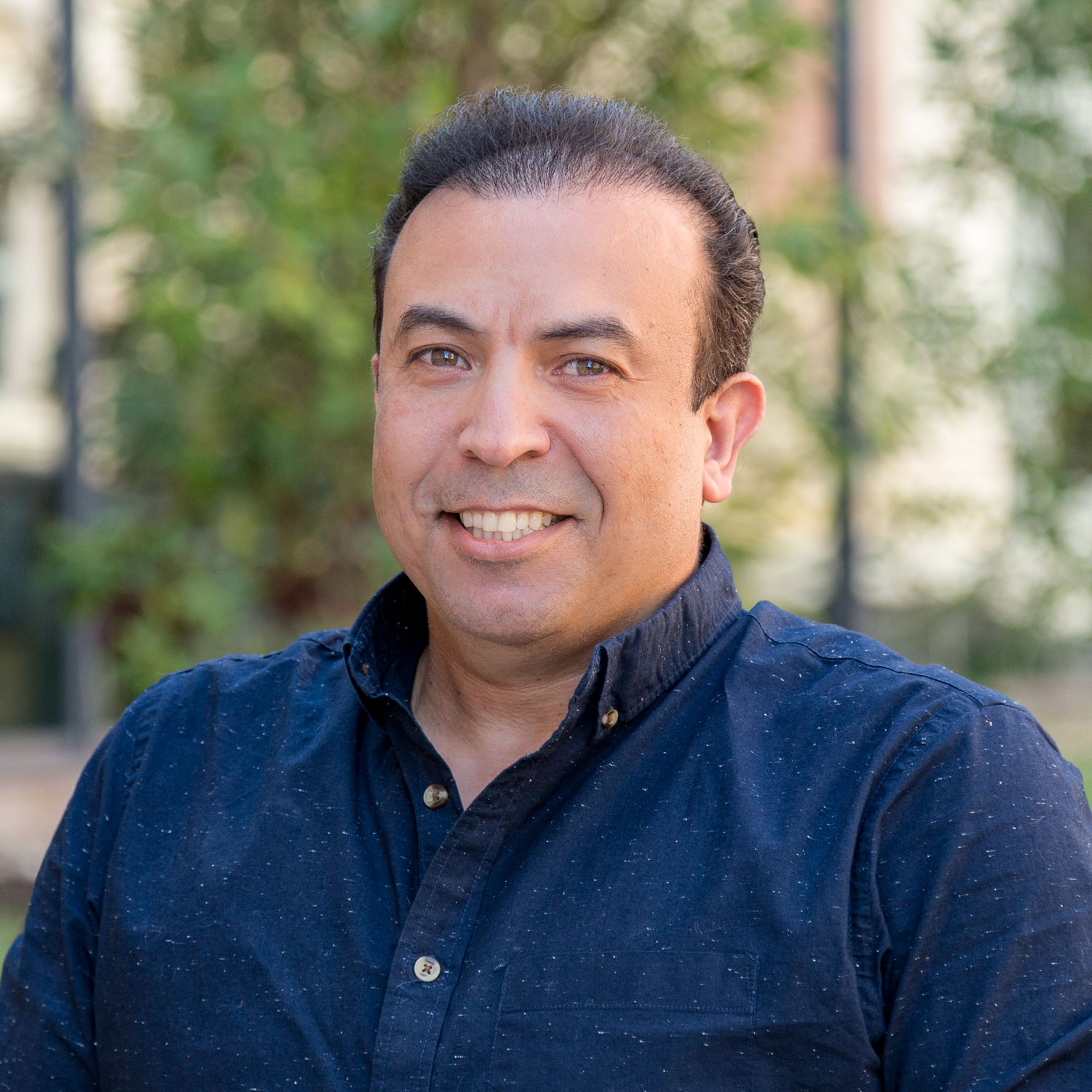

Ruixin Niu, Ph.D.
Associate Professor, Department of Electrical and Computer Engineering
Dr. Niu’s research spans system state estimation, statistical signal processing, information fusion, and machine learning. He specializes in multi-sensor networks for applications in target detection, localization, and tracking, with an emphasis on distributed signal processing in complex environments such as wireless and autonomous systems.
Applied Expertise: Multi-sensor data fusion, machine learning for wireless systems, distributed signal processing
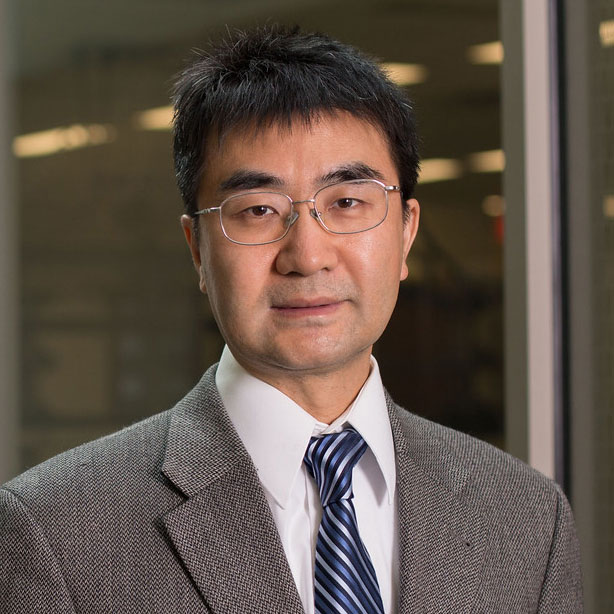

Dianne T. V. Pawluk, Ph.D.
Associate Professor, Department of Biomedical Engineering
Dr. Pawluk's research focuses on developing technology to enable individuals with disabilities to be independent in their education, work and everyday lives with equal opportunities to those without disabilities.
Applied Expertise: Smart co-operative robots for assistive technology, Rehabilitation technology
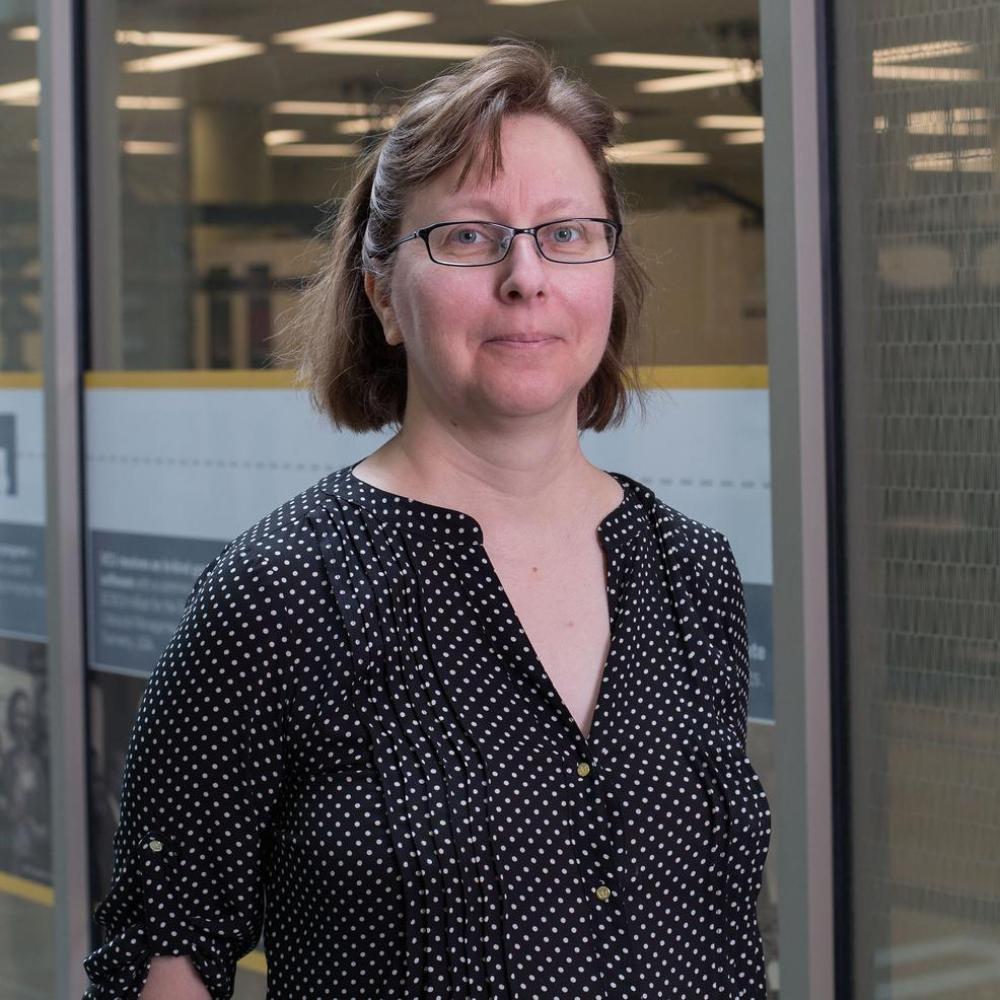

Carrie L. Peterson, Ph.D.
Associate Professor, Department of Biomedical Engineering
Dr. Peterson’s research aims to improve sensorimotor function for individuals with neurologic impairments. Rehabilitation is often optimized by combinatorial approaches including neurostimulation, physical training, and rehabilitation devices, including robotic devices and exoskeletons.
Applied Expertise: Human Rehabilitation Robotics


John E. Speich, Ph.D.
Interim Chair and Professor, Department of Mechanical and Nuclear Engineering
Dr. Speich's research focuses on the development of robots and medical devices. His recent work focuses on the development of sensing and diagnostic technologies for applications in urology.
Applied Expertise: Medical robotics and devices, telemanipulation systems, compliant mechanisms, robotic inspection systems, sensing and diagnostics for urology applications
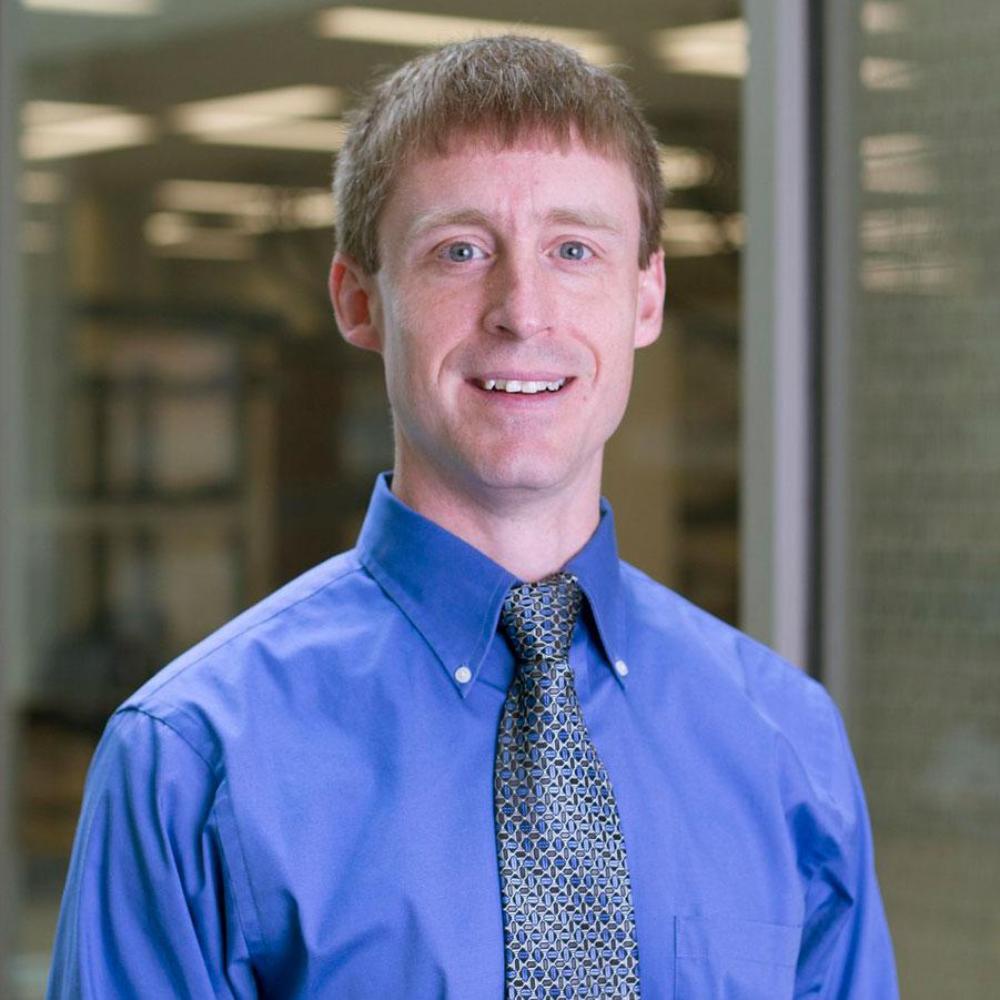

Cang Ye, Ph.D.
Professor, Computer Science
Dr. Ye’s research aims to develop effective visual navigation and human-robot interactions methods to enable mobile robots to perform the intended tasks such as autonomous navigation in a complex dynamic environment, assisting people with visual/motor disability.
Applied Expertise: Mobile Robotics, Autonomous Navigation, Co-Robots
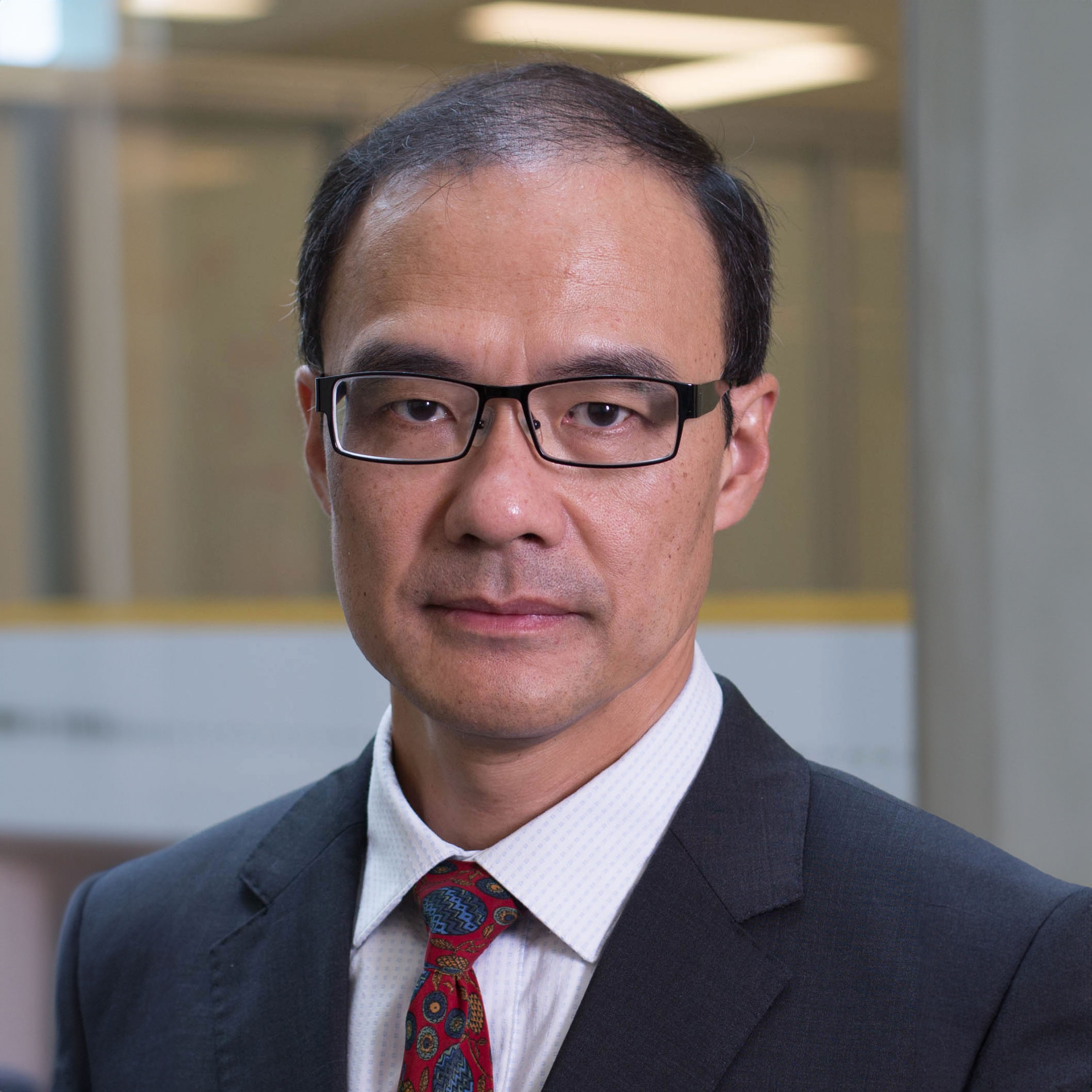

Hong Zhao, Ph.D.
Associate Professor, Department of Mechanical and Nuclear Engineering
Dr. Zhao's research interest in soft robots focuses on design/fabrication of soft robots, train/control the motion of soft robots using machine learning for various applications.
Applied Expertise: Motion control of soft robotics, through image processing and machine learning.
